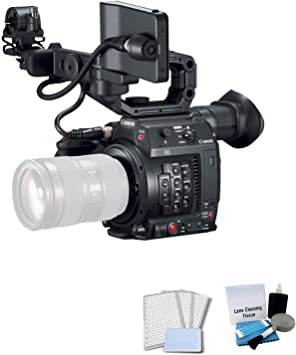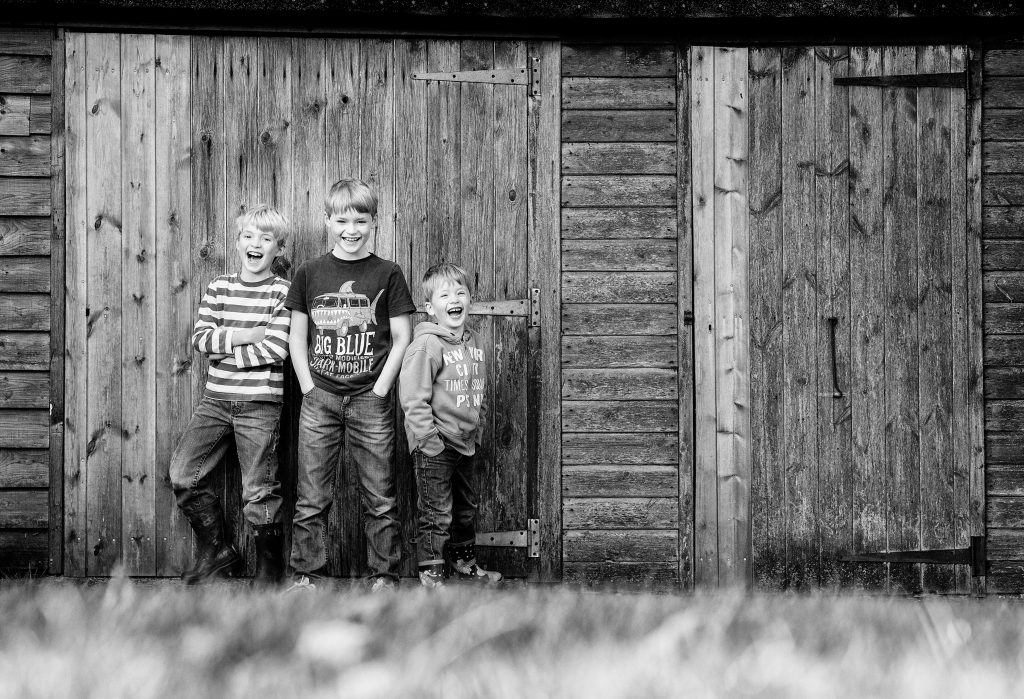
This article will help you make photography a hobby. This article will help you learn how to take photos, what gear you need, and how to get started. Once you've learned the basics, you'll be well on your way to becoming a proficient photographer. There's no reason to stop learning the basics and pursuing other creative pursuits.
Photographing
When you take photographs for fun, you may think that they're just for fun. But you might be surprised at just how much work goes into these photos. A hobby photographer does not have to complete their job in the shortest time possible. They can also enjoy the creative process better than working for clients. You should consider many factors when selecting a hobby in photography. These tips will help you make your hobby a great success.

How to take great photos
Are you interested in learning how to take photos? A beginner course will provide basic information about camera functions, exposure, as well as shutter systems. You will also learn how to adjust the shutter speed and aperture. A beginner should take the time and learn about the composition. There are many different ways to take a great photo.
Getting started
Consider photography if you are looking to find new hobbies. You can capture images of wildlife, nature, and trains. Photography can be combined with other hobbies such as astronomy, food, and even cooking. Photography can also be combined with other hobbies such as astronomy and food.
Gear is required
It is common to hear that professional filmmakers and photographers use expensive equipment. It is possible to take stunning photos even without spending thousands of dollars on expensive equipment. Your equipment can also affect the quality of your photographs. The equipment you need is inexpensive. You can read on to learn more. You will need additional equipment to enhance and edit your images.
Benefits
Taking pictures is an excellent way to improve your creativity and imagination. Learning about the art of photography can enhance your performance in other artistic crafts. Photography can help you improve your skills as a photographer and it can also help you develop your design concepts. Photography can help artists develop their skills in composition, light and color balance. Photography gives you a unique view of the world around.

Dangers
Photography as a hobby can be a great way of staying fit. In addition to keeping you mentally active, it is also an excellent way to satisfy your creative urges. In addition to satisfying your physical needs, photography sharpens your vision and imagination. Photography is a skill that can be improved upon with practice. Be sure to allow yourself enough time to practice and then play to improve your skills. Photography should not be a dangerous hobby.
FAQ
How can I become a professional photographer?
Photography is an art. It requires dedication, patience, dedication, and, above all, passion. If you are passionate about your photography, you will do much better than you would if you were only interested in making a living.
You should learn how your camera works. You must understand composition, lighting, exposure, depth of field, etc. A good understanding of Photoshop is also necessary.
Photography can be difficult but once you get the hang of it, it's a rewarding art form that allows you to capture moments in time that otherwise would have gone unremembered forever.
To improve your skills, you can read books and attend classes. You can also participate in competitions. You'll gain experience and confidence which will lead to further improvement. What equipment will I need?
It really depends on your type of photography. If you are interested landscape photography, you will need to have a wide-angle zoom lens.
If you're interested in portrait photography, you should get a telephoto zoom lens.
A tripod is crucial for taking photographs. You can stand back and compose the picture, without having to move.
Camera bags can be useful for carrying your camera and memory cards as well as other accessories.
If you are using a compact lens, a flash is needed.
For beginners looking to capture professional-quality photos, a DSLR (Digital Single Lens Reflex Camera) is the best option.
DSLRs are very popular because you can control every aspect of the photo including shutter speed, apertures, ISO sensitivity and white balance. A variety of features are available such as autofocus and auto-exposure locks, bracketing, self-timer, and RAW formatting.
Which Camera Should I Buy?
It all depends upon what kind of photographer your goal is to become. A basic point-and-shoot camera is probably all you need if you're just starting out.
Once you have mastered the basics you will likely need something more advanced. The decision is yours.
Before you buy a camera, here are some points to remember.
-
Features: What features are you looking for? Do you intend to use manual or autofocus settings? How many megapixels is your camera capable of? Is there a viewfinder on your camera?
-
Price: How much are you willing and able to spend on your camera? Are you looking to replace your camera every few years?
-
Brand: Will you be happy with the brand you select? There is no reason to settle for less than the very best.
-
Functionality: Does your camera perform well in low light conditions? Are you able to take high-resolution images?
-
Image Quality: How sharp and clear are your images?
-
Battery Life: How long does your camera last between charges.
-
Accessories: Are you able to attach additional lenses or flashes? ?
Which camera is best for beginners?
The best camera to use for beginners is dependent on your needs, budget, and skill level.
For instance, you could choose a point & shoot digital camera if your goal is to save some money. These cameras offer good quality but aren't very versatile.
Digital Single Lens Reflex (DSLR) cameras can be equipped with interchangeable lenses that enable you to shoot different types. These cameras are generally more expensive that point-and clicks, but provide greater flexibility.
For beginners to photography, the beginner's set is a great place for you to start. The package includes everything you need: a camera, lens, memory cards, tripod, flash and a camera body.
Make sure to purchase extra batteries.
Statistics
- While I cannot prove that all of those spots were not sensor dust, the photo was taken during a heavy snowstorm…so I guess that 99.8% of the spots are snowflakes. (bhphotovideo.com)
- There are people out there who will pick at flaws they can only see in 100% crops of your photos. (wikihow.com)
- In this case, 100% of readers who voted found the article helpful, earning it our reader-approved status. (wikihow.com)
- The second easiest way to get blurry photos 100% of the time is to use a cheap filter on the front of your lens. (photographylife.com)
External Links
How To
What are the necessary skills to become a photographer
Photography jobs require basic skills such as technical knowledge, artistic talent, and business acumen.
Technical knowledge includes understanding exposure, camera functions, lens type, film speeds, and developing techniques.
An artist's ability is to understand composition, lighting, and pose.
Business acumen encompasses budgeting, scheduling, time management and dealing with clients.
Professional photographers should be interested from a young age in photography.
Learn about photography online, at school or in college.
You will also find many books on photography that can help you.
As well to learning about photography, it is important to develop your own style.
This will allow your to stand out in this field.
Photography has changed over the years. In the past, people used cameras like the Kodak Instamatic and Polaroid instant cameras.
Today digital cameras are more popular than ever before. Nowadays, most photographers use smartphones to capture photos.
It is possible to buy a smartphone that takes high-quality images, but if you really want to get into photography, you need to invest in a DSLR (Digital Single Lens Reflex) camera.
A DSLR can be used to control every aspect, from shutter speed, aperture, ISO, sensitivity, white balance, focus, and white color.
These features can be used to create amazing photographs and other effects.
These controls can be used to change the mood of your photo.
For example, you could make your subject appear blurry by using a fast shutter speed.
Or you could make them look like they are moving by increasing the amount of light entering the camera.
You can also change the scene's color temperature to alter the mood.
You might increase the red value of the picture if there's a lot blue light.
It may be difficult at first to determine which direction your camera should point.
You will soon see that it isn't so difficult once you have mastered the basics.
In fact, it is much easier than you think!
At first, you might only take landscape shots or close-up photos of objects.
You can capture any type of image, from portraits to abstracts, with experience.
Once you have learned the basics, it is possible to move on with more advanced subjects.
Here are some tips for getting started.
-
Choose a good location. Pick a place where you can be relaxed and enjoy yourself.
-
Find something interesting to photograph. Photograph unusual or rare objects.
-
Practice pictures are important. Practice makes perfect!
-
Experiment with different angles. Hold your camera differently depending on what you are trying to achieve.
-
Use different lenses. Different lenses can offer you different perspectives.
-
Low-light photography is a good option. It can be difficult for you to photograph in bright sunlight.
-
Practice framing the shot. Photographing an image is not complete without framing.
-
Learn how you can use your camera settings. You can improve your photography by spending time with your camera settings.
-
Keep learning new techniques. There are many ways to learn about photography.Visit local exhibitions, galleries, museums, and libraries.
-
Read magazines and books. The best way to learn about photography is to read books.
-
Join a photography club. Photo clubs often organize events to encourage members and their work.